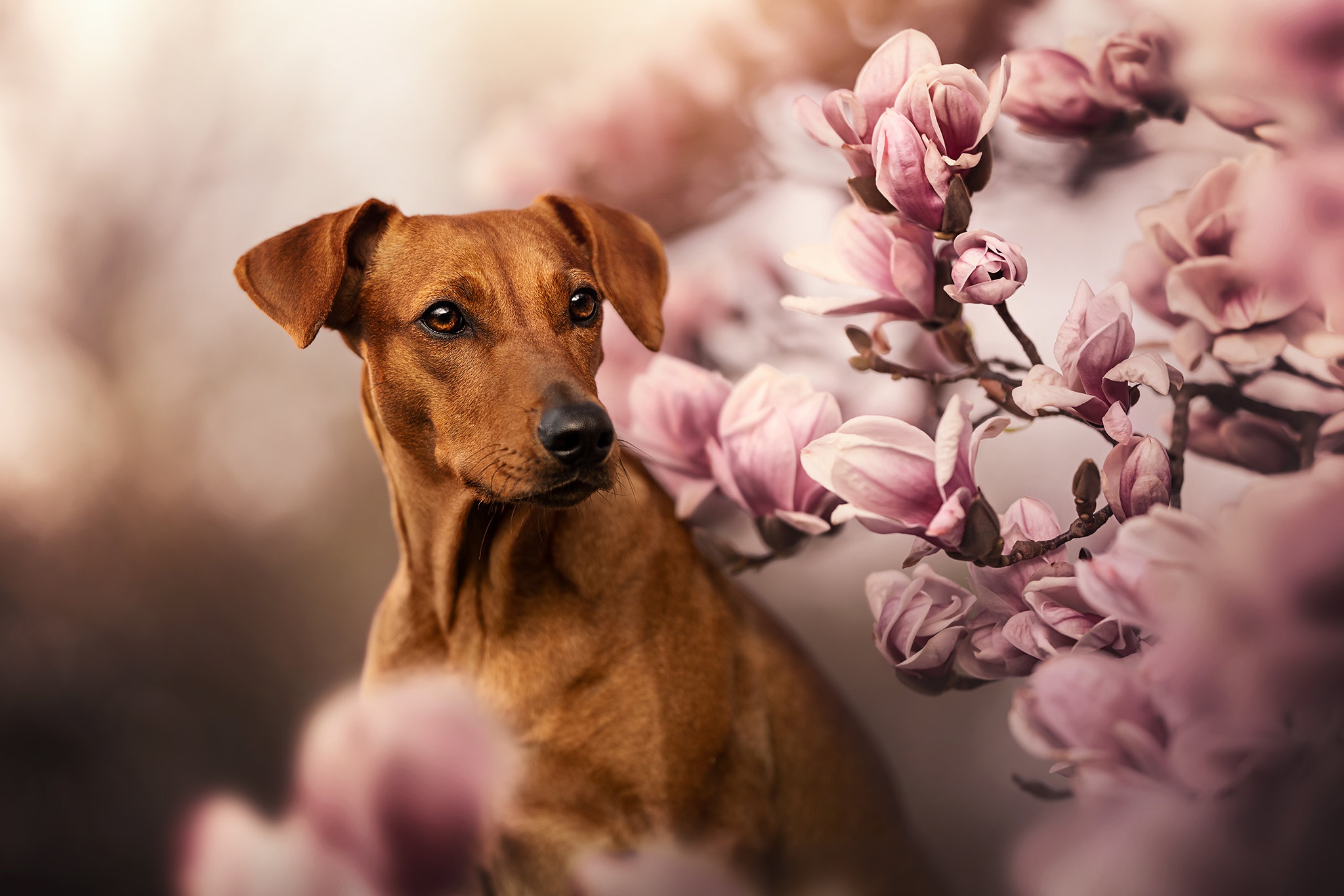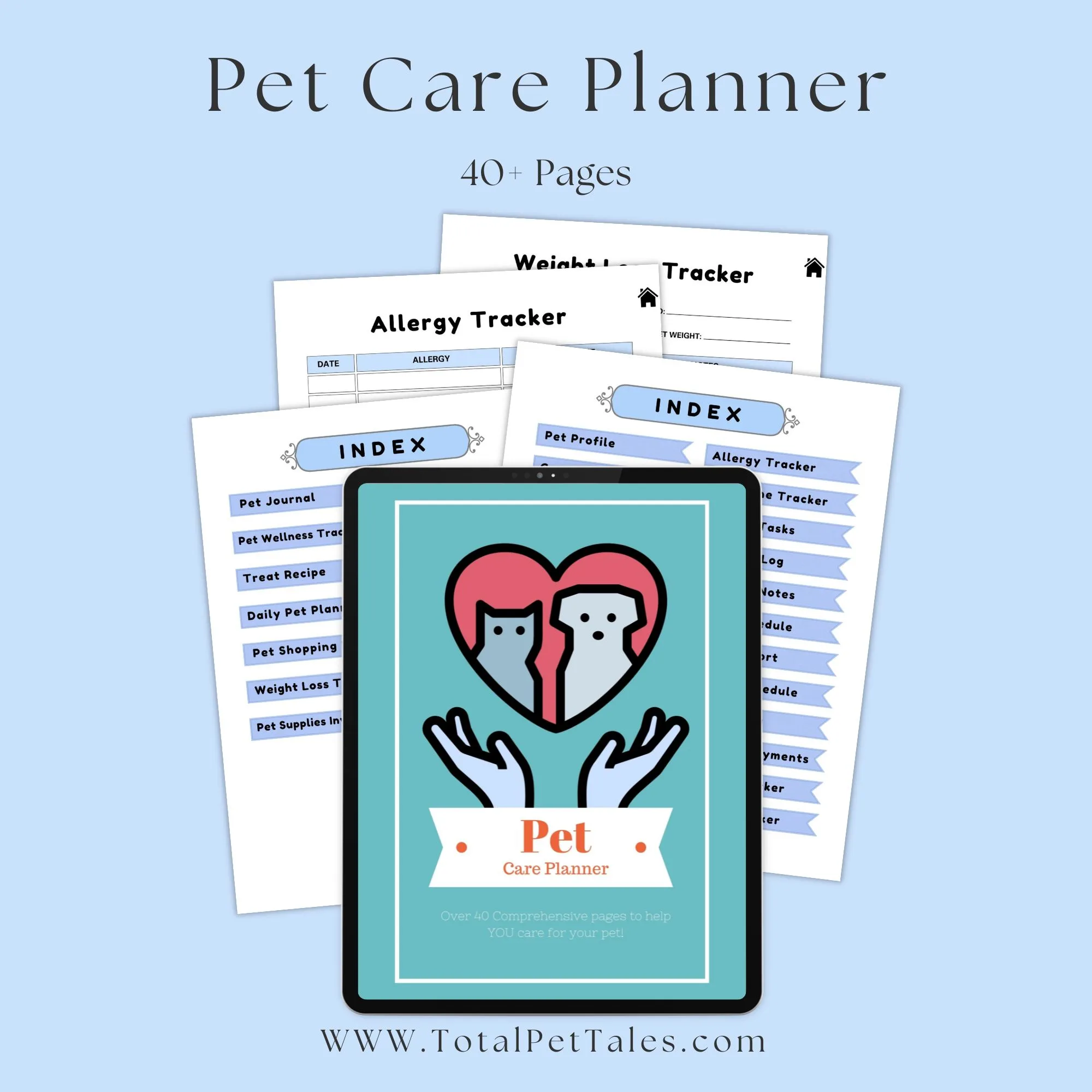The Rhodesian Ridgeback is known for its unique spine ridge and combines agility, strength, and loyalty. They were bred in Southern Africa to hunt and protect. Today, they are great family pets and athletes in dog sports. It’s important to understand their traits to have a good relationship with them.
Key Takeaways
- Rhodesian Ridgebacks are strong, loyal dogs with a distinct ridge on their back, making them unique in appearance and perfect for families seeking an active and protective pet.
- Regular vet check-ups and a balanced diet are crucial for maintaining their health, as they can be prone to certain genetic conditions like hip dysplasia.
- These dogs thrive in environments where they can get plenty of exercises and engage in activities that stimulate their mind and body, making them ideal companions for outdoor enthusiasts.
- When considering adding a Rhodesian Ridgeback to your family, it’s important to research and connect with reputable breeders or adoption agencies that offer transparent health records and support.
- Understanding and meeting the breed’s needs for companionship, exercise, and training can lead to a rewarding relationship between you and your Rhodesian Ridgeback.
- Their loyalty and protective nature make them excellent family pets, but early socialization and training are key to ensuring they are well-behaved and sociable with other dogs and people.
Breed Overview
History
The Rhodesian Ridgeback’s roots are deep in Southern Africa. They were bred for hunting large game and guarding homes. Their unique ridge on their back is a sign of their hunting skills and toughness.
They became popular pets and show dogs in the 20th century. Their adaptability and resilience have made them a beloved breed.
Physical Characteristics
The Rhodesian Ridgeback’s spine has a distinctive ridge of hair that grows in the opposite direction. They have an athletic build, perfect for endurance and strength.
They come in various sizes, with males reaching 25 to 27 inches tall and weighing about 85 pounds. Females are slightly smaller. Their coats range from light wheaten to red wheaten, needing regular grooming.
Personality and Temperament
Rhodesian Ridgebacks are loyal and form strong bonds with their families. They are protective but also affectionate. Their intelligence can make training challenging due to their stubbornness.
They have a strong prey drive, so early socialization is key. With the right care, they become devoted and loving companions.

Health And Care
Common Health Issues
Rhodesian Ridgebacks are generally healthy but can face genetic conditions. Hip dysplasia and dermoid sinus are common issues. Hip dysplasia can lead to arthritis or pain, while dermoid sinus can cause infections if not treated.
Regular check-ups are important to catch heart and thyroid problems early. Responsible breeding practices can reduce these risks.
Dietary Needs
A balanced diet is key for a Rhodesian Ridgeback’s health. Their food should match their age, size, and energy level. Overfeeding leads to obesity and related health problems.
Consulting a vet for dietary advice is wise, especially for puppies and senior dogs. They have specific nutritional needs that must be met to avoid health issues.
Exercise Requirements
Rhodesian Ridgebacks have high energy levels. They need daily vigorous exercise to stay healthy and happy. Running, hiking, and agility training are great activities for them. These exercises keep them physically fit and mentally sharp.
Without enough exercise, they may develop behavioral issues. It’s important to meet their exercise needs every day.
Grooming
Their short coat has minimal grooming needs but requires regular brushing. This helps remove loose hair and keeps the coat shiny.
Routine nail trimming, ear cleaning, and dental care are also necessary. These practices prevent common health issues like infections or dental diseases.
During seasonal shedding periods, more frequent grooming may be needed to manage loose hair.
Living with a Rhodesian Ridgeback
Training and Socialization
Early socialization is crucial for Rhodesian Ridgebacks. It helps prevent aggression and shyness. Owners should introduce them to various people, animals, and situations from a young age. This breed responds best to positive reinforcement techniques. Harsh methods can hurt their feelings because they are sensitive. Consistent, patient training is necessary to manage their intelligence and independence. Their strong will requires an equally strong-willed owner who understands the balance between firmness and kindness.
Environment
Rhodesian Ridgebacks adapt well to different living situations if their exercise needs are met. They do not like being alone for long periods. Lack of companionship can lead to destructive behavior out of boredom. A home with a securely fenced yard is ideal. It prevents escapes during unsupervised outdoor time. These dogs enjoy being part of the family activities and thrive in environments where they feel included.
Activities They Enjoy
Rhodesian Ridgebacks have a natural instinct for hunting that can be channeled into various activities. They excel in tracking, lure coursing, and obedience trials. These activities stimulate their mind and satisfy their hunting instincts. Interactive play sessions with owners, such as fetch and tug-of-war, also bring them joy. For those looking for a workout buddy, Rhodesian Ridgebacks are perfect companions for jogging or biking due to their endurance and love for exercise.
Breeder Advice and Adoption
Choosing a Breeder
When looking for a Rhodesian Ridgeback, finding a reputable breeder is crucial. These breeders conduct thorough health screenings and provide clearances for genetic conditions. This ensures the puppies are healthy and have a good start in life.
It’s advisable to ask for references before making any decisions. Speaking with previous customers can offer insights into their experiences. Visiting the breeding facility is also important. It allows you to observe the conditions firsthand. You can check if the dogs are well-cared for and if the parent dogs have good temperaments.
Be cautious of purchasing from pet stores or online sellers without proper investigation. Often, these sources do not follow ethical breeding practices. They may not prioritize the health and well-being of their dogs.
Adoption
Adopting a Rhodesian Ridgeback can be a rewarding experience. Many rescue organizations and shelters specialize in this breed. They help find homes for dogs in need.
Adopting an adult dog has several benefits. One major advantage is bypassing the demanding puppy stage. Adult dogs often have established personalities, making it easier to find a match for your lifestyle.
Before bringing an adopted Rhodesian Ridgeback home, prepare your environment. Secure your yard to prevent escapes, as these dogs can be quite adventurous. Creating a welcoming environment helps them adjust more smoothly to their new home.
Misc.
Popular Names
Choosing a name for a Rhodesian Ridgeback is fun. It’s a way to honor their unique traits and heritage. Names like Zulu, Makena, and Jabari are great choices, reflecting their African roots and noble nature.
Names that highlight their special features are also popular. Ridge, Hunter, and Savannah are great for their hunting skills and unique back ridge. For a regal and brave vibe, Leo, Athena, or Duke are perfect.
Fun Facts
Rhodesian Ridgebacks have a rich history. They’re known as the African Lion Hound for keeping lions at bay. This shows their bravery and strength.
They’re also featured on the national emblem of Rhodesia, now Zimbabwe. This shows their deep connection to Africa. These dogs are fast, reaching up to 30 miles per hour, showing their agility and power.
Common Myths
Not all Rhodesian Ridgebacks are bad-tempered. Their behavior depends on training and socialization from a young age. With the right care, they become loyal and gentle friends.
They’re not maintenance-free, though. They need regular exercise, grooming, and health care to stay happy and healthy. Despite their size, they don’t need big homes if they get enough exercise and attention.
Most Similar Breed
The Thai Ridgeback is similar to the Rhodesian Ridgeback due to their back ridge. But they come from different continents, Asia and Africa, respectively.
Both breeds need exercise and are smart and protective. They’re great for owners who want a loyal and active companion.
Top Dog Grooming Tools (Click Here)
Summary
The Rhodesian Ridgeback is known for its strong build, unique ridge, and versatility. It excels in companionship and protection, appealing to many owners. Understanding their health, care, and breeding is key for potential owners.
Adopting or buying a Rhodesian Ridgeback is a big decision. It requires careful thought about their needs and your lifestyle. Choosing a reputable breeder or adoption agency is crucial. With the right care, they offer unmatched companionship.
Frequently Asked Questions
What is the lifespan of a Rhodesian Ridgeback?
Rhodesian Ridgebacks live between 10 to 12 years. Good care and vet visits can help them live longer and healthier.
How much exercise does a Rhodesian Ridgeback need?
They need a lot of daily exercise, over an hour. This should include walks, runs, and playtime to keep them happy.
Are Rhodesian Ridgebacks good with children?
Yes, they’re loyal and protective when socialized. But, they’re big and strong, so watch them around kids.
What health issues are common in Rhodesian Ridgebacks?
Health issues like hip dysplasia, dermoid sinus, and thyroid problems are common. Regular health checks and a healthy lifestyle can help prevent some of these problems.
How do I find a responsible Rhodesian Ridgeback breeder?
Find breeders who test their dogs for genetic diseases. They should also let you meet the puppy’s parents and siblings. This shows they are responsible.
Can Rhodesian Ridgebacks adapt to apartment living?
Yes, they can live in apartments, but they prefer bigger homes. They need space and a yard to run around.
What is the origin of the Rhodesian Ridgeback?
They come from Southern Africa, bred by European settlers for hunting. Their unique ridge on their back sets them apart.








0 Comments